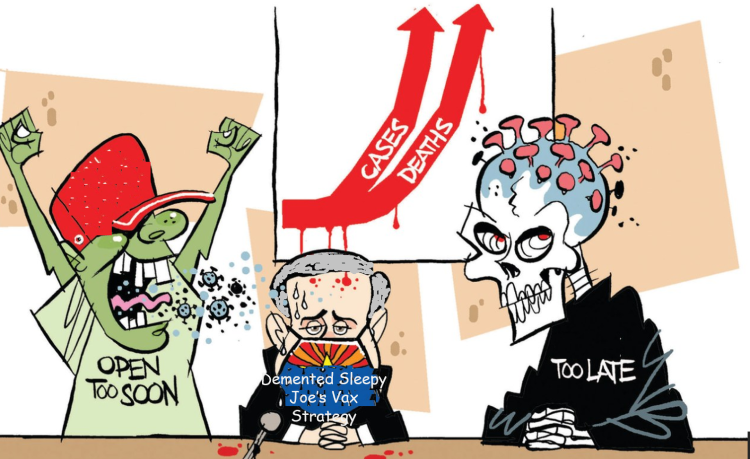Infection with virus also associated with fivefold increase in risk of deep vein thrombosis, data suggests
Authors: Linda Geddes The Guardian
Catching Covid is associated with a fivefold increase in the risk of deep vein thrombosis (DVT) and a 33-fold increase in risk of a potentially fatal blood clot on the lung in the 30 days after becoming infected, data suggests.
The findings, published in the British Medical Journal on Thursday, could help explain a doubling in the incidence of, and deaths from, blood clots in England since the start of the pandemic compared with the same periods in 2018 and 2019.
They also help to put the very small increased risk of blood clots associated with Covid-19 vaccination into context. “The degree of complications associated with Covid-19 is much stronger and lasts for much longer than what we might be getting after vaccination,” said Dr Frederick Ho, a lecturer in public health at the University of Glasgow, who was not involved in the research.
“Even those people with mild symptoms who do not need to be hospitalised might have a small increase in the risk of [blood clots].”
Although previous research had suggested that catching Covid was associated with an increased risk of blood clots, it was unclear for how long this risk remained, and whether mild infections also increased people’s risk.
To address these uncertainties, Anne-Marie Fors Connolly at Umeå University in Sweden and her colleagues measured the risk of DVT, pulmonary embolism – a blood clot on the lung – and various types of bleeding, such as gastrointestinal bleeding or a burst blood vessel in the brain, in more than 1 million people with confirmed Covid infections and more than 4 million uninfected individuals.
Overall, they identified a 33-fold increase in the risk of pulmonary embolism, a fivefold increase in the risk of DVT and an almost twofold increase in the risk of bleeding in the 30 days after infection. People remained at increased risk of pulmonary embolism for six months after becoming infected, and for two and three months for bleeding and DVT.
Although the risks were highest in patients with more severe illness, even those with mild Covid had a threefold increased risk of DVT and a sevenfold increased risk of pulmonary embolism. No increased risk of bleeding was found in those who experienced mild infections.
“Pulmonary embolism can be fatal, so it is important to be aware [of this risk],” said Connolly. “If you suddenly find yourself short of breath, and it doesn’t pass, [and] you’ve been infected with the coronavirus, then it might be an idea to seek help, because we find this increased risk for up to six months.”
Ho said the results remained relevant even in the Omicron era, since current vaccines were highly effective against severe Covid but breakthrough infections were common, even after a third dose of a vaccine.
“Despite the potential for new variants of concern, most governments are removing restrictions and shifting their focus to determining how best to live with Covid. This study reminds us of the need to remain vigilant to the complications associated with even mild Sars-CoV-2 infection, including [blood clots].”
… we have a small favour to ask. Tens of millions have placed their trust in the Guardian’s fearless journalism since we started publishing 200 years ago, turning to us in moments of crisis, uncertainty, solidarity and hope. More than 1.5 million supporters, from 180 countries, now power us financially – keeping us open to all, and fiercely independent.
Unlike many others, the Guardian has no shareholders and no billionaire owner. Just the determination and passion to deliver high-impact global reporting, always free from commercial or political influence. Reporting like this is vital for democracy, for fairness and to demand better from the powerful.
And we provide all this for free, for everyone to read. We do this because we believe in information equality. Greater numbers of people can keep track of the events shaping our world, understand their impact on people and communities, and become inspired to take meaningful action. Millions can benefit from open access to quality, truthful new regardless of their ability to pay for it.
